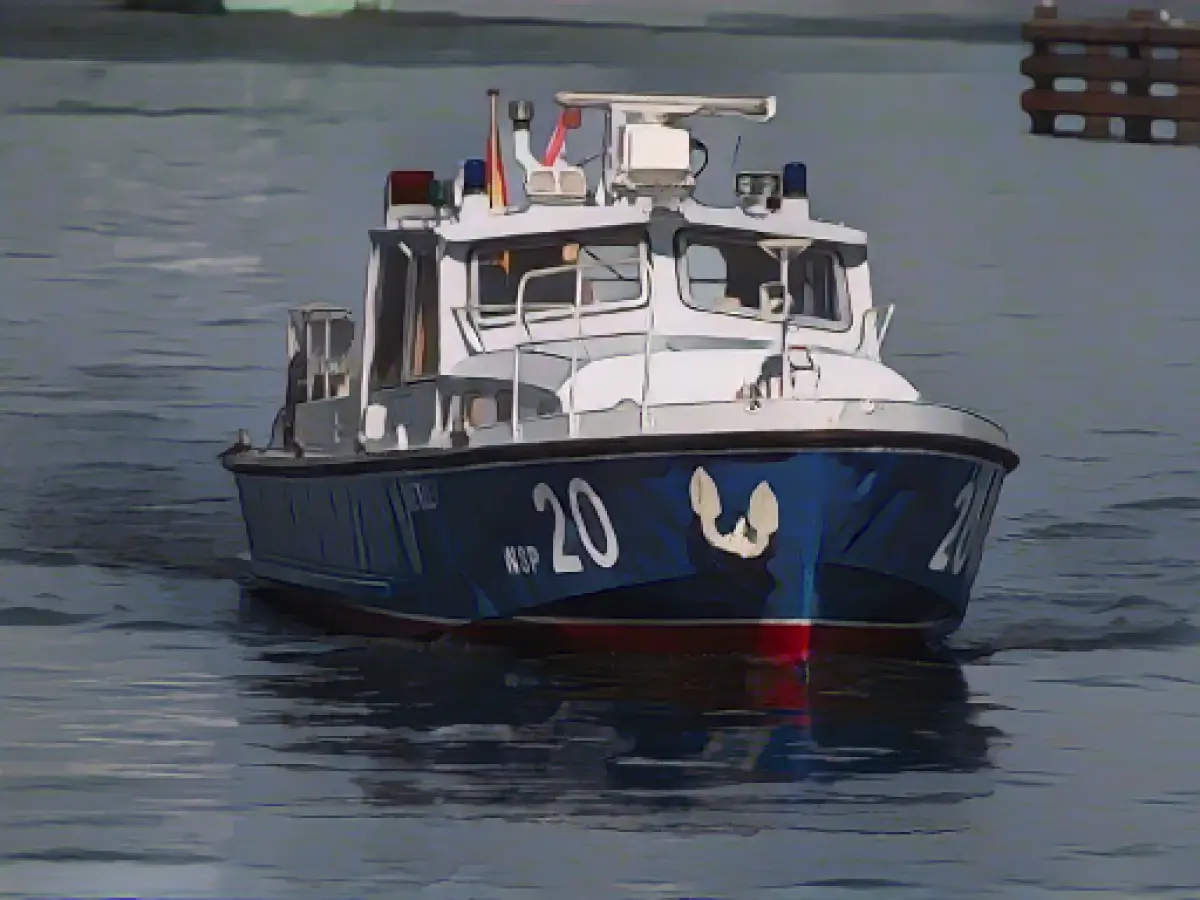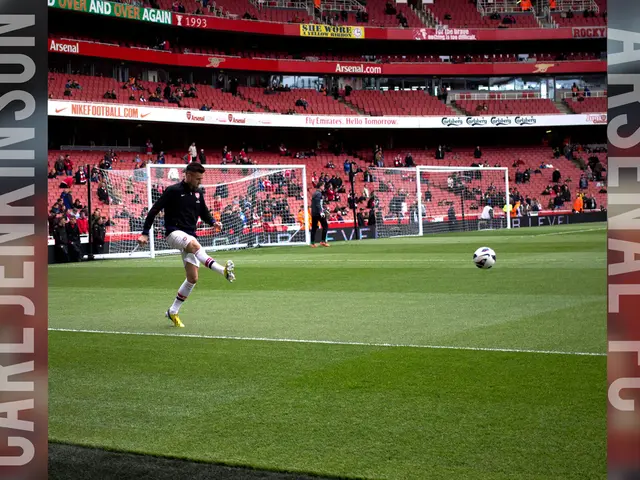Sunken Vessels Contaminate Unterwarnow River in Rostock
Last weekend, the water police in Rostock are investigating two separate incidents involving sunken cutters. These sinking events led to the contamination of the Unterwarnow river with diesel and oil.
On Friday night, a fishing boat sank at a club jetty in Schmarl-Dorf. According to the water police, around 100 liters of diesel and 1.5 liters of hydraulic oil found their way into the Unterwarnow. As a result, a significant portion of the Schmarl marina, including the adjacent Schmarl jetty, suffered contamination. The Rostock professional fire department took immediate action and set up a so-called sorb net barrier around the damaged vessel to contain the spill.
Less than 24 hours prior, a fishing cutter with 1,200 liters of diesel on board sank in Rostock city harbor, causing pollution in the water. In response, an oil spill response vessel deployed barriers and cleaned the contaminated water surface. Divers moved in to prevent further fuel leaks and seal the tank vent lines.
Addressing the issue, the water police are actively probing the diesel contamination in Rostock's city harbor, which resulted from the sinking of the fishing cutter. In light of the recent incident of polluting the Unterwarnow with oil from sunken cutters, the police have ramped up their surveillance against maritime-related crimes.
Preventing Oil Spills from Sunken Vessels
Preventing oil spills from sunken vessels is a multifaceted endeavor that requires a blend of regulatory measures, technological advancements, and robust emergency response systems. The following steps could be taken to improve the situation:
- Regulatory Framework: Implement and enforce international standards such as the MARPOL convention, which mandates rules like double-hull designs for oil tankers and strict national legislation. Enforce regulations on regular vessel inspections, maintenance, and adherence to safety protocols.
- Vessel Inspection and Maintenance: Regularly inspect and maintain vessels for structural integrity, navigation systems, and safety standards. Regular upgrades with modern safety features and technologies are also essential.
- Safe Navigation Practices: Ensure crew members are adequately trained and experienced in navigating challenging waters. Implement traffic lanes, maintain careful route planning, and avoid high-risk areas.
- Emergency Response Planning: Develop multi-level Oil Spill Response (OSR) systems with contingency plans, equipment, and personnel. Conduct regular drill exercises to test preparedness.
- Technological Advancements: Equip vessels with advanced navigation systems, double-hull designs, and surveillance equipment.
- Environmental Monitoring: Strictly monitor vessels and enforce regulations, especially on aging vessels.
- Public Awareness and Education: Provide regular training to crew members, inform local communities, and educate them on oil spill response procedures.
Implementing these strategies can significantly reduce the risk of oil spills from sunken vessels and improve maritime safety and environmental sustainability.








